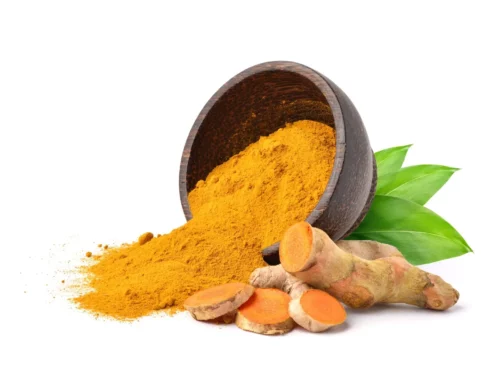
Pigmentation on the face, neck and chest can be embarrassing and continue to worsen with age.
Typically, these issues are only treated topically and when we do this it’s like only seeing the tip of the iceberg when there is more lurking beneath.
If you have melasma, hyperpigmentation, liver spots, sun spots or sun damage you will notice that continued sun exposure exacerbates these conditions.
In fact even if your face is fully shielded from the sun, if your body gets intense exposure your face can still shockingly show darkening pigmentation on your face. Why is this? Because free radical damage
causes melanocytes to express melanin.
The obvious source of free radical damage assaulting the skin is coming from the sun – but our bodies
are fighting free radical damage 24-7 on the inside.
This process is called oxidation, so when free radicals enter the body they oxidize (take our oxygen) in turn damaging both our cells and telomeres (these are the edges of the DNA stands).
In order to fight this process, our body uses “anti-oxidants” to stop free radical damage.

Things like “age spots” are actually a combination of sun damage AND internal free radical damage.
In fact some people who live in winter climates like Alaska will still suffer age spots on their body
without the sun UVA factor.
What does this tell us? We need to address free radical damage both ON the skin’s surface and INSIDE the body.
Some great sources of food anti-oxidants include berries – especially blueberries and acai. Olive oil and
green tea are also full of anti-oxidants.
Unfortunately, you could eat and drink them all day long and it’s just not potent enough to make a difference on your skin.
This is why we supplement.

Vitamin C
Vitamin C is recommended topically for melasma, hyperpigmentation and age spots – because it’s a
powerful antioxidant.
A high dose of supplemental vitamin C is the first anti-oxidant I recommend. A dose of 9,000 – 10,000mg per day, divided with meals. Starting with 6,000mg and working your way up by 1,000mg per week until you reach the full dose OR gut tolerance (diarrhea). If gut tolerance happens, reduce the dose.
I have found however everyone is so deficient that they can easily take 10,000mg with no issues.
Vitamin C is a natural tyrosinase inhibitor. Tyrosinase is the enzyme that tells melanin to express.
The popular topical cream “hydroquinone” is also a tyrosinase inhibitor that can be toxic to the
liver and actually cause lack of pigmentation in the skin so I don’t recommend it.

N-Acetyl Cysteine
The 2nd supplement I recommend is N-Acetyl Cysteine.
Also a powerful antioxidant, NAC is the pre-cursor to glutathione production in our bodies which is our master anti-oxidant.
This allows our hepatic glutathione pathway to function better and detox the body – especially from heavy metals which is an added bonus!
NAC also helps with lung tissue, ovarian and breast cysts, PCOS and more. I recommend 1,000 – 1,500 mg three times daily with meals and the C at the same time.

Collagen
If you also have sagging skin, throw in some collagen.
Our collagen sits like bricks suspended in vitamin C to form what we call the skin’s “collagen matrix”. Other great anti-oxidants include CoQ10, Resveratrol, Grapeseed Extract.
ALL of these will benefit your skin and your body and support the aging process.
As mentioned above, these ingredients are crucial to use topically as well. That way you’re treating the skin holistically and your body will thank you!
I recommend taking a before photo and another photo after a full 90 days on the protocol to see the difference.
FDA DISCLAIMER – These statements and any information contained on this website have not been evaluated by the Food and Drug Administration. This information is intended for educational purposes only and is not meant to substitute for medical care or to prescribe treatment for any specific health condition. These products are not intended to diagnose, treat, cure or prevent any disease. Consult individual products labels for safety information.
THIS WEBSITE DOES NOT PROVIDE MEDICAL ADVICE – The information, including but not limited to, text, graphics, images and other material contained on this website are for informational purposes only. The purpose of this website is not intended to be a substitute for professional medical advice, diagnosis or treatment. Always seek the advice of your physician or other qualified healthcare provider with any questions you may have regarding a medical condition or treatment and before undertaking a new health care regimen, and never disregard professional medical advice or delay in seeking it because of something you have read on this website.









